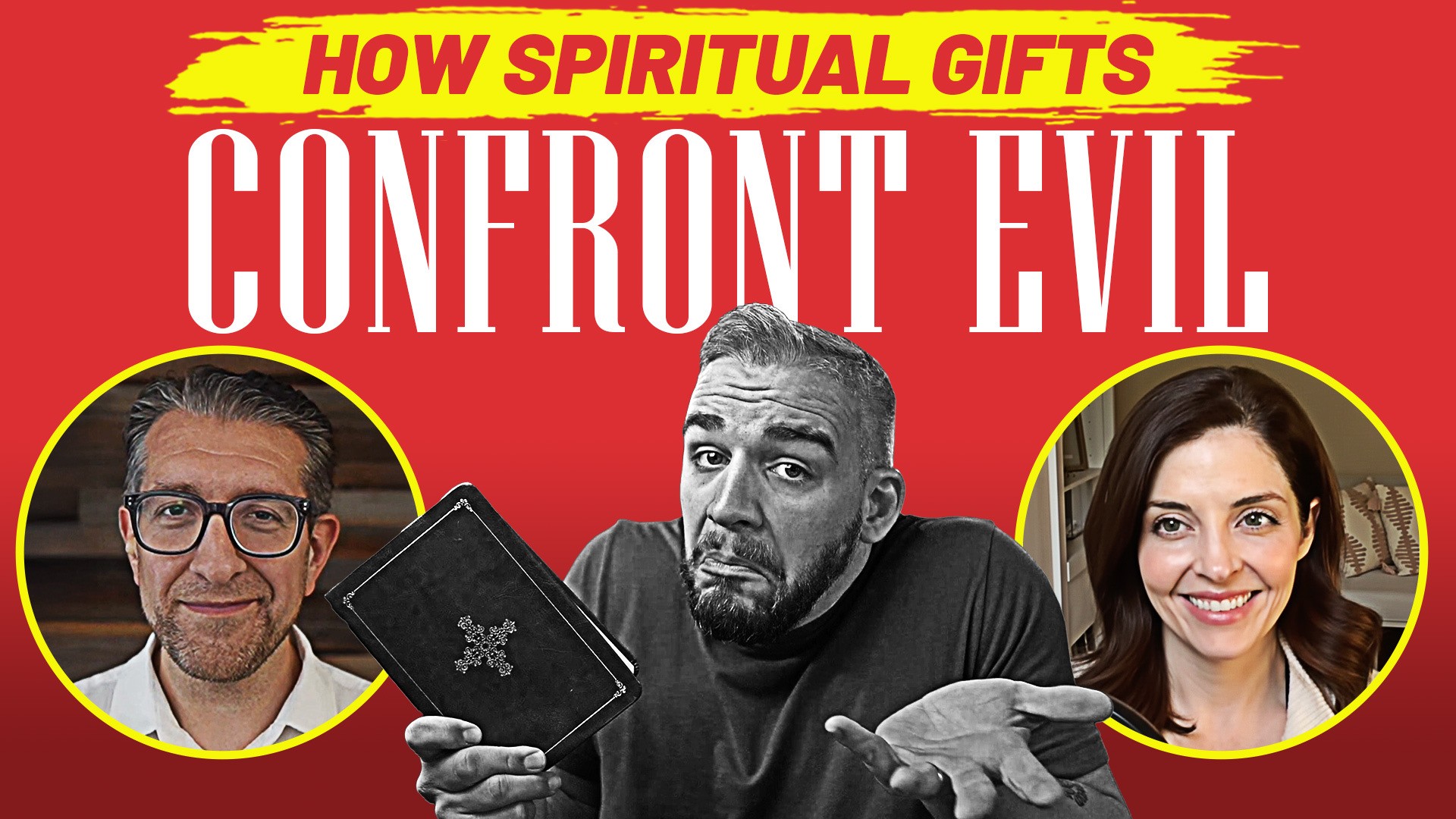Mental Health Or Spiritual Warfare?
Is it demonization or a mental health concern? Dr. Natalie Atwell shares her insights and experience as a licensed clinical mental health therapist.
Transcript Summary
Joshua Lewis interviewed Dr. Natalie Atwell, a licensed clinical mental health therapist from Charlotte, North Carolina, in a candid discussion on distinguishing mental illness from demonic influence. Atwell, who teaches at Liberty University’s counseling program, has observed a surge in clients dealing with occult practices, New Age spirituality, and unusual symptoms like dissociation, prompting her to integrate psychological assessment with spiritual discernment.
Atwell’s journey into this intersection began through her faith-based practice, where she encountered cases resistant to conventional therapy. She developed an “other influences” assessment to evaluate potential spiritual factors without alarming clients. This tool explores generational patterns using genograms—family maps charting issues like addiction or trauma—while relying on Holy Spirit guidance for revelation.
Her deliverance model follows biblical patterns from Mark 5: confession of sin, repentance, casting out unclean spirits, and renouncing ties to darkness. For unbelievers, she emphasizes replacing lies with truth via cognitive behavioral therapy techniques, planting gospel seeds without forcing spiritual commitment. Complete healing, she notes, often requires faith in Christ, but initial relief can come through truth acknowledgment.
Lewis shared a testimony of praying for a man with autoimmune issues linked to Freemasonry in his family line. After renouncing ties, both the father and his son in Papua New Guinea experienced simultaneous healing, illustrating generational spiritual bonds.
Atwell stressed trauma-informed care, warning against rushing deliverance without addressing psychological wounds, which can erode trust and cause harm. Healing is gradual, countering the “microwave Christianity” expectation of instant fixes. She advocates patience, as the enemy exploits desperation for quick solutions.
For pastors, she recommended vetting faith-based counselors and integrating mental health referrals with spiritual oversight. In severe cases like suicidal ideation, professional evaluation precedes spiritual intervention. Atwell’s approach equips believers to navigate complex cases compassionately, honoring both clinical science and biblical truth for holistic healing.



